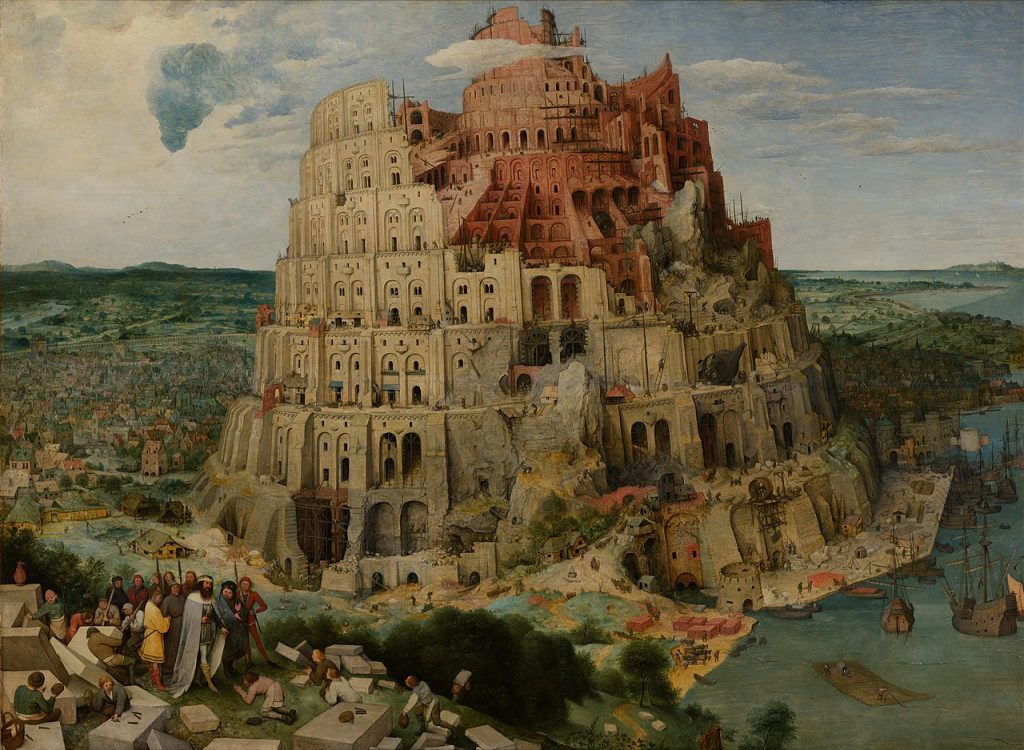
As I continue to traverse through the education system, it made me realise that competition doesn’t get any easier. From being in a selective-entry science high school, completing my undergraduate degree in Biomedicine, to now doing Dentistry at a post-graduate level – it’s getting harder and harder. I am reminded of what my high-school computer programming teacher in Year 9 said to me upon asking for his advice when I got into this selective science school. He said something along these lines:
”It is ultimately your decision whether you leave or stay. Here, you are a big fish in a small pond. There, not only will you be in a bigger pond, there will also be fish that are much bigger than you.”
In hindsight, I can see the wisdom in such words. I have always wondered during high school, what would life have turned out had I stayed back. I could only imagine. This feeling – of being put in a new pond with larger fish, was a common feeling throughout Biomed, and now Dentistry. Everyone in Biomed had high ATARs, where it wasn’t uncommon to stumble into people with perfect ATARs. Now in post-grad, everyone has managed to weather through the beast that is undergrad – with many people possessing near-perfect GPAs and high GAMSATs. Almost all of them are incredibly intelligent, motivated, and organised, all the while juggling part-time work as well as a social life – overall just high-functioning individuals.
In education, it is easy to fall into the mindset of trying to do the same thing as everyone else, but better. Do this test, this assignment, or this practical. But only better. In many regards, this is a zero-sum game mindset to education. With the view of doing your best, you inadvertently make it harder for others to do well and thus make everyone else worse off, as lecturers and teachers can’t help but grade against the curve. So, shouldn’t the entire cohort simply sign a pact to deliberately do badly on tests such that the high school or university stops raising standards? Why try, and so increase competition even more? Yet, if this agreement does happen, there is usually always one person that will try to outcompete. It’s simply a reflex of survival, like bacteria trying to outcompete each other in a Petri dish for nutrients to become the dominant species.
Such a zero-sum game, of everyone trying to be the best at the same thing, therefore, leads to notions of conformity. It begs the question – is conformity a good or bad thing? I would say that it is both good and bad. Conformity allows for a certain standard to be achieved. If many professions that we know of today were not certified by a university, we would be incredibly sceptical and concerned. Would we trust our lives to an unregistered health professional, who does not know the bare basics to pass their university course? Would we trust our cars to a mechanic who has failed his classes and apprenticeship? There are basic standards to achieve. Yet at the same time, conformity stifles innovation. Thus, it is education’s job to inculcate the achievement of a certain standard, as well as nurture one’s individuality, such that one’s creativity may come to the fore.
Journeying through the education system is much like hiking up a mountain. Mastering coursework is can be thought of as scaling through the roads, paths and structures that others laid down before us. The guides that accompany us along the way, are the many teachers that have helped mould us into who we are today. In primary school, we walked the dirt path at the mountain’s base, learning the fundamental operations of addition, subtraction, multiplication and division. Then we come across the obstacle in the way that is Pythagoras’ theorem, named after the Greek Philosopher Pythagoras in 570 BC. Eventually, we’ll come across the sheer rock face that is Differential Calculus in late high school and university, which the map to scale this rock face was independently developed by none other than Sir Isaac Newton and Gottfried Wilhelm Leibniz in the 17th century. As we master these concepts one by one, some may give up on the journey as the path becomes harder, with the air increasingly thinner due to the higher altitude.
As we climb higher and higher, we come closer to the knowledge of the modern-day. In the final year of Biomed, it was a privilege to learn about cutting-edge technology from prominent researchers, many of them celebrities in their chosen field. We had a lecturer who was directly involved in developing one of the COVID-19 vaccines, though was unsuccessful where of all things, gave a false positive for a HIV diagnostic test. From immunology to tissue engineering, it was cutting edge. In hindsight, what a privilege it was to have been given the opportunity to learn and absorb such knowledge. As I look back, I should have been more enthusiastic about learning and mastering the content. For the privileged few that have made it to the summit, the only path left to build is up. Upon mastering what has gone before, is the challenge to research, innovate and uncover what no one has yet discovered. To boldly go where no man has gone before.
The mammoth towering precipice of education reminded me of the enigmatic narrative of the tower of Babel, dated to roughly 2200 BC, being an origin story as to why the world spoke different languages.
11 Now the whole earth had one language and the same words. 2 And as people migrated from the east, they found a plain in the land of Shinar and settled there. 3 And they said to one another, “Come, let us make bricks, and burn them thoroughly.” And they had brick for stone, and bitumen for mortar. 4 Then they said, “Come, let us build ourselves a city and a tower with its top in the heavens, and let us make a name for ourselves, lest we be dispersed over the face of the whole earth.” 5 And the Lord came down to see the city and the tower, which the children of man had built. 6 And the Lord said, “Behold, they are one people, and they have all one language, and this is only the beginning of what they will do. And nothing that they propose to do will now be impossible for them. 7 Come, let us go down and there confuse their language, so that they may not understand one another’s speech.” 8 So the Lord dispersed them from there over the face of all the earth, and they left off building the city. 9 Therefore its name was called Babel, because there the Lord confused the language of all the earth. And from there the Lord dispersed them over the face of all the earth.
– Genesis 11:1-9 ESV
As the world progresses towards increasing globalisation, with English as the dominant lingua franca of commerce and academia – are we in another situation like the Tower of Babel? Who knows. What we can know, as well as change, however, is our viewpoint on education. Seeing education as a zero-sum game is only partly true if competition is the be-all and end-all of education. We should strive to think of education as a positive-sum game rather than a zero-sum game. Where the vast treasures of accumulated knowledge we have acquired can be transferred into a plethora of skills. That upon each cohort that graduates will hopefully, lead to a more educated and discerning society.

Eric
Enjoying these essays Bryan!
Bryan
Thank you Eric! It really makes my day whenever you take the time to stop by :))